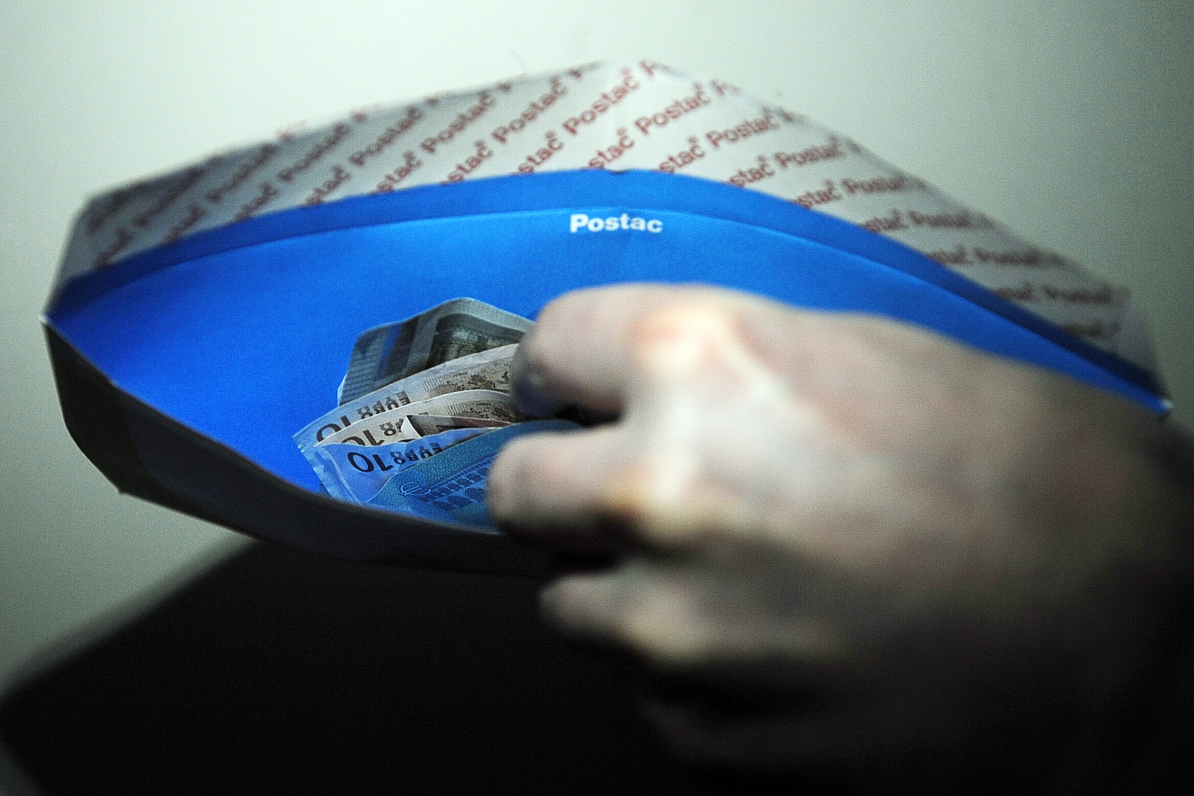The share of shadow economy in Latvia last year reached 22% of the gross domestic product (GDP), up 1.3% from 2016, according to study "Shadow Economy Index for the Baltic Countries 2009-2017" presented May 16.
The most important components of shadow economy in Latvia are illegal wages (45.5%), unreported income (37.2%) and unreported employees (17.4%).
Shadow economy has risen in all Baltic states. In Lithuania shadow economy was 18.2% of GDP, growing by 1.7% points year-on-year, while in Estonia it was 18.2%, growing by 2.8% points.
The Latvian Chamber of Commerce and Industry (LCCI) and the Stockholm School of Economics in Riga (SSE Riga), in cooperation with the Ministry of Finance and BASE (Business Against the Shadow Economy) association, is organizing the eighth consecutive year an annual conference dedicated to reducing the shadow economy in Latvia.
According to the previous study, share of shadow economy in Latvia in 2016 was 20.3% of the gross domestic product (GDP), which was by 1% point lower than in 2015. Shadow economy in Lithuania in 2016 was at 16.5% of GDP, up 1.5% points from 2015, while in Estonia it was 15.4%, up 0.5%.
The data is especially concerning as it comes off the back of several years of progress during which the shadow economy was declining from sky-high levels seen a decade ago.
The full text of the report in English is reproduced in the attachment to this story, reproduced by kind permission of the Stockholm School of Economics in Rīga.
Jānis Endziņš of LCCI said: "Although we have been saying for a decade that the underground economy in Latvia is too large, as well as writing plans and thinking about how to reduce it, unfortunately, this year its size has grown again. This is very disturbing and bad, especially at a time when the overall economy is growing in the country."
Dace Peleka of the State Revenue Service (VID) said "Of course, more needs to be done to improve the current attitude." To that end, the penalization by VID of tax-dodgers would help to ensure a level playing field for business, she said.































